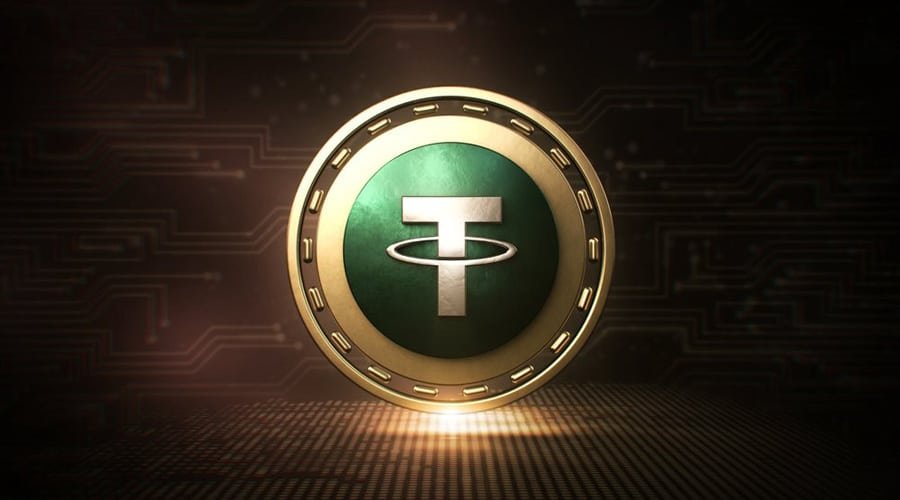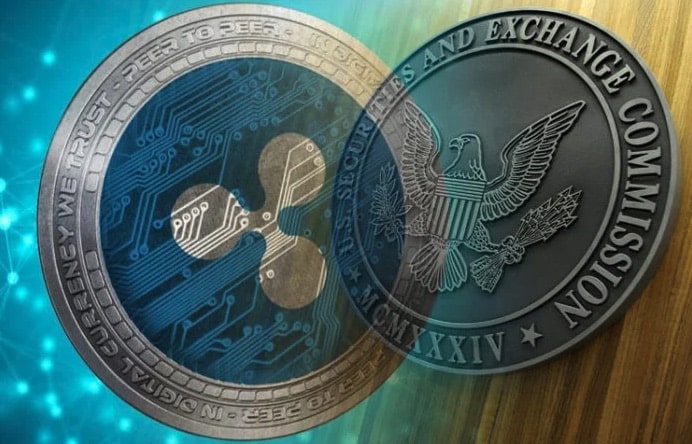The United States’ chairman of the Joint Chiefs of Staff Gary Gensler of the Securities and Exchange Commission (SEC) believes Satoshi Nakamoto’s innovation is genuine. “In the domains of finance and money, it has been and could continue to be a catalyst for change,” he said.

Satoshi Nakamoto’s Innovation Is Real
At the Aspen Security Forum last week, SEC Chairman Gary Gensler discussed bitcoin and cryptocurrency legislation, outlining his ambitions to govern the crypto market. He began by mentioning the Bitcoin whitepaper and its author, Satoshi Nakamoto, who goes by the alias Satoshi.
Satoshi’s innovation sparked the development of crypto-assets and the underlying blockchain technology, according to Gensler, who said that “the crypto asset class has expanded” and is currently valued at around $1.83 trillion.
Prior to being confirmed as the head of the SEC, he researched, wrote, and taught on the subject of bitcoin, cryptocurrency, and blockchain technology at the Massachusetts Institute of Technology (MIT). In that work, I came to feel that, despite a lot of hype masquerading as fact in the crypto area, Nakamoto’s idea is real, according to Gensler. It has also been and may continue to be a catalyst for change in the financial sector.
Unlike fiat money, Gensler feels that “At its core, Nakamoto was attempting to establish a private form of money with no central middleman, such as a central bank or commercial banks.” However, he believes that “at this time, no single crypto asset broadly performs all the functions of money.”
The chairman went on to say that crypto assets are “extremely speculative stores of value,” adding that they “haven’t been utilized much as a unit of account” and “haven’t been used much as a medium of exchange.” To the degree that it is utilized for this purpose, it is frequently to circumvent our anti-money laundering, sanctions, and tax collection laws. Extortion using ransomware is also possible, as we recently saw with Colonial Pipeline.
Gensler described himself as “technology-neutral,” but added that when it comes to bitcoin regulation, “I am everything but public policy-neutral.” He went on to say, “As new technologies emerge, we must ensure that we’re fulfilling our basic public policy goals.” In finance, it means safeguarding investors and customers, preventing illegal behavior, and ensuring financial stability.” Meanwhile, the former MIT professor said that crypto regulations are clear, highlighting that many tokens are “offered and sold like securities.”
On that front, there is a lot of clarity… Certain rules relating to crypto-assets are well-established. The criteria for determining whether a crypto asset is security are straightforward.
Many people, including Ripple CEO Brad Garlinghouse, who is now being sued by the SEC over the selling of XRP currencies, disagreed with the SEC chairman that the regulations are clear.
“In my perspective, if you’re dealing with an alcoholic who refuses to recognize they have an alcohol problem, to claim we have assurance, we have clarity, is like the alcoholic saying ‘I don’t have a problem,’” stated the Ripple CEO. The elephant in the room is this.”












